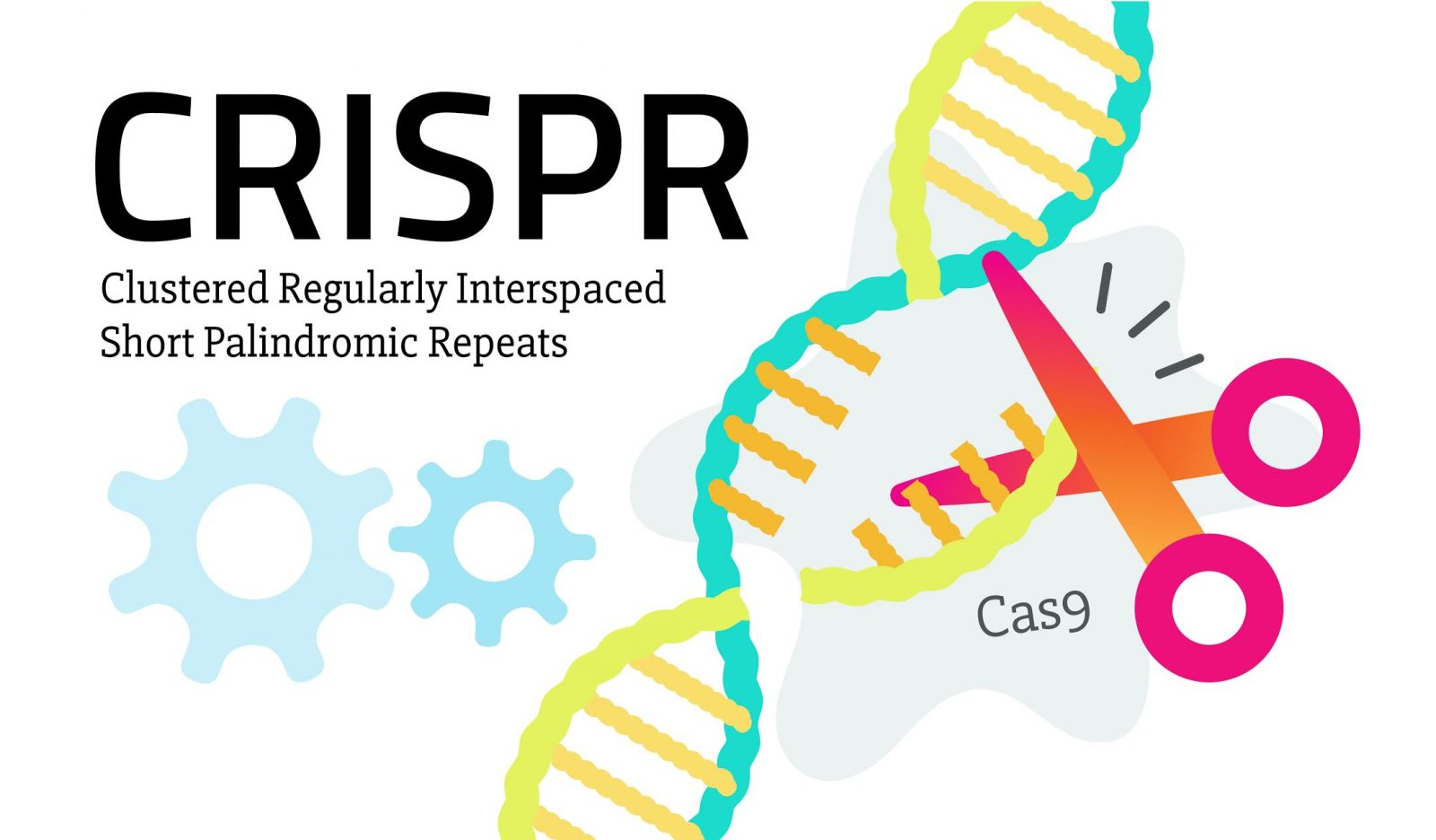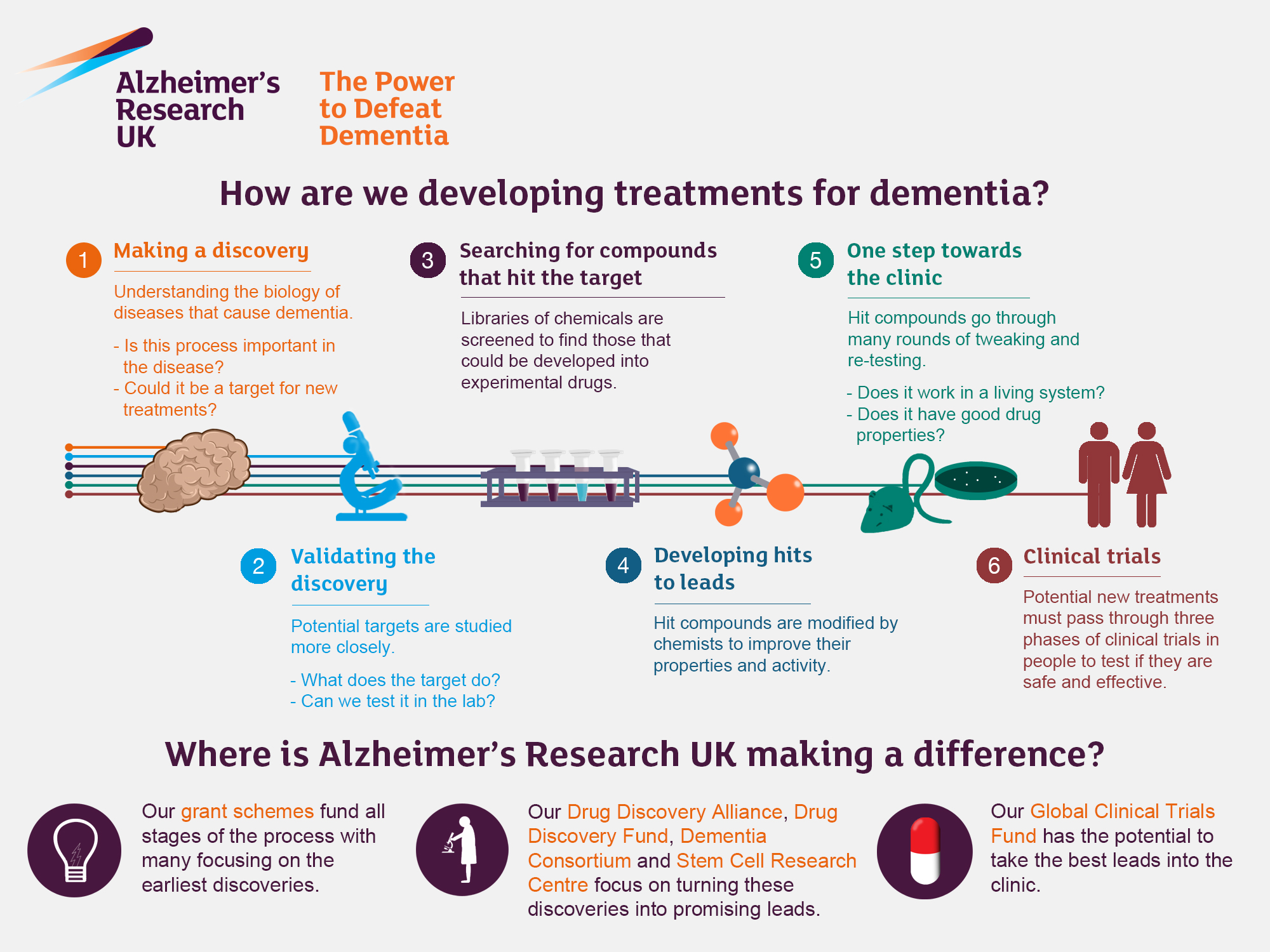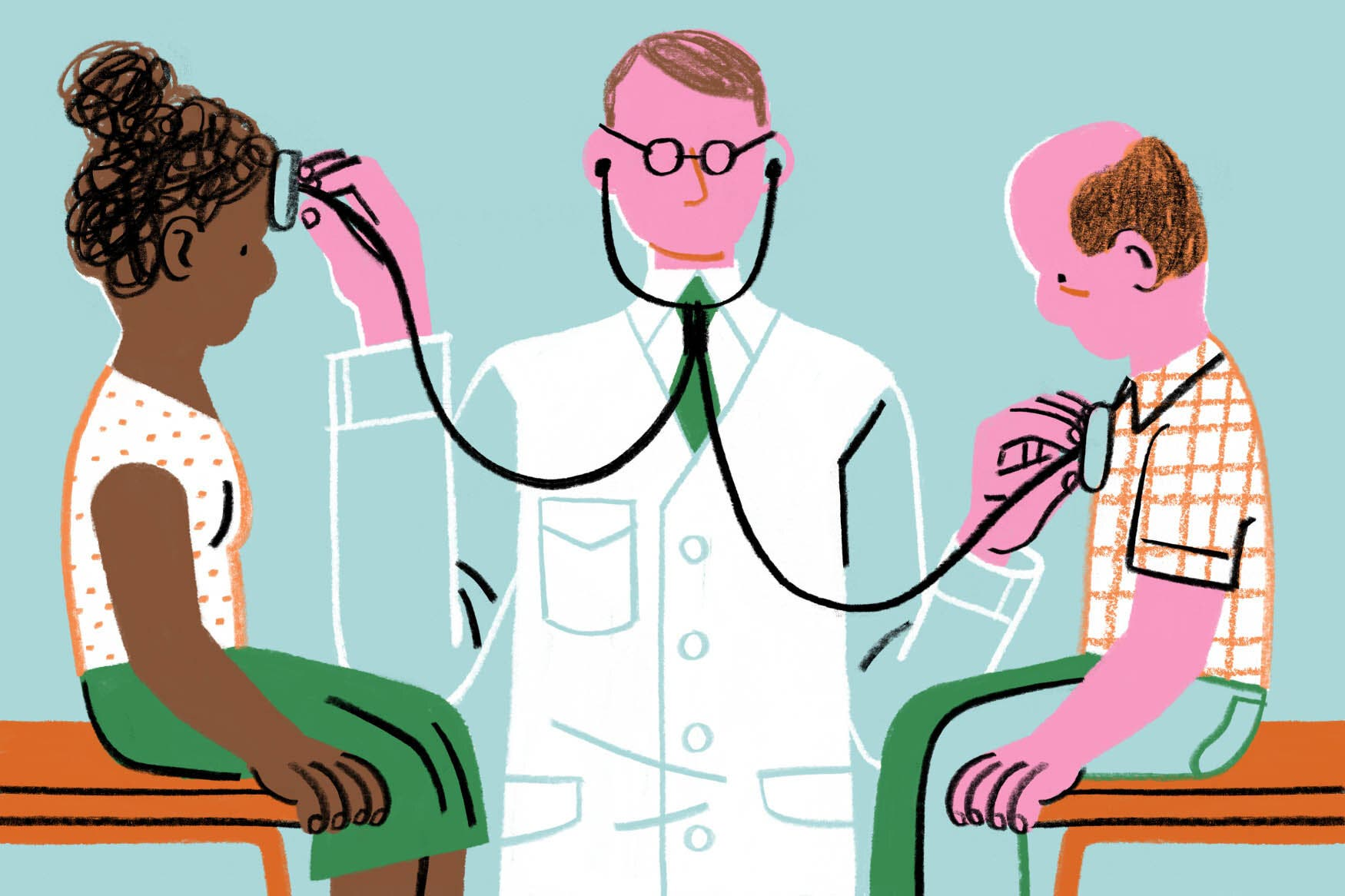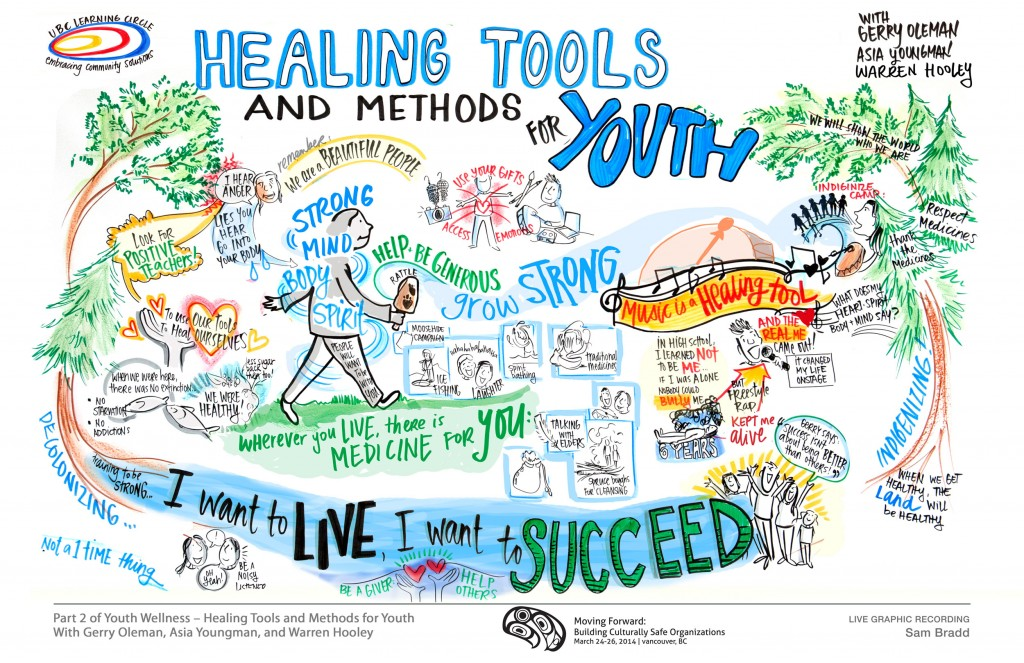CRISPR ethics has emerged as a vital discussion point within the realm of gene editing, particularly when exploring the balance between revolutionary medical advancements and their ethical implications. This gene-editing technology offers unprecedented opportunities to address devastating conditions like sickle cell disease, bringing forth a potential cure to thousands suffering from this hereditary ailment. Yet, with such potential comes significant ethical questions regarding the use of CRISPR, especially when considering germline editing that affects future generations. The ethical implications of CRISPR extend beyond medical efficacy and delve into complex considerations of health equity and the societal responsibilities that accompany such powerful tools. As we stand on the brink of unprecedented biotechnological innovation, it is crucial to navigate the challenging moral landscape that CRISPR presents.
The ethics surrounding CRISPR, or Clustered Regularly Interspaced Short Palindromic Repeats, tap into deeper concerns about gene manipulation, the responsibility of scientists, and societal repercussions. This innovative approach to gene modification opens doors for potentially eradicating genetic diseases, yet it raises alarms about unintended consequences and fairness in access to such treatments. As discussions progress, terms like hereditary editing and bioethical dilemmas come to the forefront, challenging us to weigh individual benefits against broader societal implications. The discourse surrounding health disparities and the potential for misuse of this technology further complicates our understanding of genetic advancements. Thus, the conversation about gene editing encompasses a rich tapestry of scientific possibilities intertwined with profound ethical considerations.
Understanding Gene Editing: The Promise of CRISPR
Gene editing has revolutionized modern medicine, with CRISPR leading the charge as the most potent tool in genetic manipulation. This revolutionary technology allows scientists to modify the DNA of living organisms with high precision, offering the possibility to correct genetic disorders that were previously deemed untreatable. For instance, sickle cell disease—a condition that inflicts immense suffering—can now potentially be cured by directly editing the genes involved. This promise of gene editing, particularly with CRISPR, raises hopes among patients and families facing genetic illnesses, emphasizing the need for significant advancements in healthcare.
However, while the promise of CRISPR is tantalizing, the potential risks and ethical dilemmas it brings forth cannot be ignored. From fears of unintended genetic consequences to the implications of editing germline cells, each advancement in gene editing compels society to confront difficult ethical questions. The discourse surrounding who should have access to these life-altering technologies and at what cost is critical, as the novel solutions that CRISPR offers could exacerbates existing health inequities.
The Ethical Implications of CRISPR Technology
As advances in CRISPR technology emerge, so too does the need to engage in profound discussions about its ethical implications. The power to alter genes poses moral dilemmas that society must grapple with, particularly regarding the concept of ‘playing God.’ Debates have arisen questioning whether it is ethical to alter genetic conditions that do not hinder life, such as certain syndromes or disabilities. Key figures in the field, like Neal Baer, argue that ethical considerations should guide decisions on gene editing, particularly when it comes to the implications these choices might have on future generations.
Furthermore, the ethical landscape of CRISPR technology extends beyond individual choices to societal responsibilities. Concerns about gene editing often include the potential for eugenics—a frightening thought that evokes the past—but also raise questions about consent, especially in germline editing. Parents making genetic decisions on behalf of their unborn children prompts discussions about autonomy and the definition of health itself. Will our pursuit of perfection diminish the acceptance of diversity and human variation?
Health Equity and Access to CRISPR Innovations
Health equity is a critical issue in the discussion of CRISPR and gene editing technologies. As noted by researchers, the costs associated with cutting-edge treatments, such as the sickle cell ‘cure’ estimated at $2.2 million, raise the question of who has access to these life-enhancing innovations. The individuals most in need of these therapies are often from marginalized communities that lack the financial resources to afford such treatments. There are growing worries that advancements like CRISPR may deepen existing disparities rather than resolve them, stressing the necessity for policies that promote fair access.
Moreover, the risks associated with health inequity go beyond mere financial barriers. The debate around health justice emphasizes that technology must be assessed not only for its scientific merit but also for its societal ramifications. As CRISPR continues to evolve, stakeholders must advocate for frameworks and regulations that ensure equitable access to genetic therapy. Ensuring that all populations can benefit will require concerted efforts from regulators, healthcare providers, and society as a whole.
The Role of Oversight in Gene Editing Practices
One of the most pressing concerns about CRISPR and other gene editing technologies is the lack of adequate oversight and regulation. As noted by experts, while some countries have strict laws against practices such as germline editing, enforcement can vary widely. The specter of unregulated gene editing in other nations can lead to scenarios where ethical standards are compromised. This lack of a global consensus can lead to ‘genetic tourism,’ where individuals seek unregulated and potentially dangerous procedures in countries with looser guidelines.
Additionally, the implications of poor oversight extend beyond individual cases to public health. Genetic modifications—especially those undertaken in humans—can have far-reaching consequences not just for the individuals treated but for entire populations. The potential for unintended effects from gene editing, such as altering disease susceptibility or causing unforeseen health issues, highlights the need for comprehensive regulatory frameworks that adapt as technologies evolve.
The Future of Germline Editing: Hope or Hazard?
Germline editing, which involves modifications to the DNA of embryos, is one of the most controversial applications of CRISPR technology. The idea of altering the very genes that can be passed down through generations creates a myriad of ethical questions. Proponents argue that germline editing could eliminate genetic disorders altogether, representing a landmark victory in the fight against hereditary diseases. Critics, however, caution that such practices could lead to unforeseen consequences, potentially giving rise to a new class of genetic inequity and altering the fabric of human diversity.
As research in germline editing progresses, it becomes imperative for scientists and ethicists to collaborate in establishing precautionary principles and guidelines. This discourse must encompass the societal implications of ‘designer babies’—where cosmetic or enhancement traits become desirable. The path forward for germline editing is a fraught one, requiring thorough ethical considerations and an ongoing commitment to ensuring responsible scientific practices.
Personal Stories: The Human Impact of Gene Editing
The real-world implications of gene editing technologies can be poignantly illustrated through personal stories from those affected by genetic conditions. As illustrated by the narrative of individuals like Ethan J. Weiss, who expressed their profound personal reflections on genetic editing decisions, the human aspects of such technology are significant. Through these narratives, we can better understand the emotions, ethics, and moral complexities that envelope decisions around gene editing.
These personal accounts highlight the urgent need for an empathetic approach as society grapples with gene editing. The journey towards health equity involves listening to the voices of those impacted by these technologies—both positively and negatively. With stories of triumph tempered with caution, the ethical dialogue surrounding CRISPR must remain rooted in a compassionate understanding of the human experience.
Policy Development in Gene Editing Practices
As CRISPR and gene editing technologies progress, thoughtful policy development becomes crucial to govern their use. Policymakers must navigate the rapidly evolving landscape of genetic science, balancing innovation with the imperative to protect public health and ethical standards. Establishing guidelines that encompass broad societal values will be vital to ensure that gene editing is not misused and that the ramifications of technological advancements are carefully considered.
Moreover, engaging multiple stakeholders—scientists, ethicists, healthcare providers, and the communities affected—will enrich policy discussions surrounding gene editing. Through transparent communication and collaboration, comprehensive policies can be formed to nurture responsible advancements in gene editing while addressing health equity and ethical considerations. Future regulations must prioritize not just technological advancement but also the ethical implications of such innovations.
The Societal Value of Human Variation
The advance of gene editing technologies brings forth an interesting discussion about the value of human variation. As discussed in many ethical debates, the nuances of diversity—such as disabilities or differing genetic conditions—pose questions that challenge the binary understanding of health and disease. Experts like Carol Padden remind us that variations in human biology should not be viewed solely through the lens of ‘fixing’ but rather embracing human diversity as a fundamental aspect of life.
Celebrating differences rather than pursuing uniformity compels us to rethink the implications of gene editing interventions aimed at eradicating specific traits or conditions. Ensuring that societal values honor this diversity, while also considering the potential benefits of gene editing for severe genetic disorders, will be essential for future discussions around CRISPR and its application in healthcare.
Education and Awareness: The Path to Informed Choices
Educating the public about CRISPR technology and its implications is fundamental in fostering informed decision-making regarding gene editing. Knowledge dissemination will enable individuals and families facing genetic conditions to make choices grounded in a clear understanding of the benefits and risks associated with gene editing interventions. This education should cover not just the science, but the ethical dimensions and policy frameworks surrounding these advancements.
Moreover, as the landscape of gene editing continues to evolve, continuous education is vital for healthcare professionals and policymakers alike. Gaining a deeper understanding of both the technological potential and the associated ethical dilemmas will prepare professionals to navigate discussions that influence public health policies and individual patient care. As society grapples with the complexities of CRISPR, fostering a well-informed public dialogue remains paramount.
Frequently Asked Questions
What are the ethical implications of CRISPR gene editing?
CRISPR gene editing raises significant ethical implications, including concerns about consent, especially regarding germline editing, where changes can be passed to future generations. The ability to alter genes, particularly for cosmetic or non-life-threatening conditions, leads to questions about ‘designer babies’ and the societal pressure to conform to genetic norms. Moreover, the risk of unintended consequences and the necessity for effective oversight complicate the ethical landscape further.
How does CRISPR technology affect health equity?
CRISPR technology has the potential to greatly improve health equity, particularly in treating genetic diseases like sickle cell anemia. However, ethical concerns arise when considering the high costs of gene editing treatments, which may limit access for underprivileged populations. It raises important questions about who will afford such treatments and how to ensure that advancements in genetic medicine do not widen existing health disparities.
Is germline editing ethical in the context of CRISPR?
Germline editing using CRISPR presents ethical dilemmas primarily because it affects not just individuals but entire future generations. The question of whether parents should have the right to decide their children’s genetic traits, as well as concerns about unintended consequences and the potential for societal inequality, adds complexity to the debate on the ethics of germline editing.
Can CRISPR be used for curing sickle cell anemia?
Yes, CRISPR has shown promise in curing sickle cell anemia by editing the genes that cause the disease. However, the ethical discussions around its use are critical, as the high costs associated with such treatments raise questions of accessibility and equity in healthcare. Discussions about whether we should intervene in such genetic conditions also highlight the need for thorough ethical consideration.
What role does oversight play in CRISPR gene editing?
Oversight in CRISPR gene editing is vital to prevent misuse and ensure ethical practices. Without proper regulation, the potential for unethical applications, such as germline editing for non-medical reasons, increases. Countries with lax regulations can lead to issues like unauthorized human trials or unregulated genetic modifications, highlighting the need for international standards and ethical guidelines.
How do we balance the benefits of CRISPR with ethical concerns?
Balancing the benefits of CRISPR with its ethical concerns requires interdisciplinary dialogue involving scientists, ethicists, and the public. We must consider not only the scientific possibilities but also the long-term societal impacts, ensuring that advancements do not compromise ethical standards or exacerbate existing health inequalities. This entails transparency, inclusivity in decision-making, and continuous evaluation of the technology’s implications.
Should parents be allowed to choose genetic traits for their children using CRISPR?
The question of whether parents should be allowed to choose genetic traits for their children using CRISPR is complex and multifaceted. Proponents argue that it could enhance quality of life and prevent suffering, while opponents caution against the ethical implications of creating ‘designer babies’ and the associated societal pressures. Ultimately, this decision touches on deep ethical, social, and medical considerations that require careful deliberation.
| Key Points | Details |
|---|---|
| CRISPR Technology | Enables editing of somatic and germline genes to potentially cure genetic diseases. |
| Ethical Questions | Debate over whether it is appropriate to edit genes for conditions compatible with life. |
| Financial Considerations | The high cost of treatments raises issues of who can afford them, impacting health equity. |
| Social Implications | Concerns about parental decision-making in genetic modification and diversity acceptance. |
| Regulatory Oversight | Lack of monitoring in certain countries raises concerns about misuse of gene-editing technologies. |
| Unintended Consequences | Gene interventions can have complex, unforeseen effects due to gene interactions. |
Summary
CRISPR ethics encompasses the significant moral dilemmas arising from the use of gene-editing technologies. As discussed in recent talks, the ability to cure diseases like sickle cell anemia through CRISPR poses profound questions about the implications of altering human genetics. It challenges societal values regarding health equity, the ethics of enhancing human traits, and the governance of genetic interventions. Ultimately, the intersection of innovation and ethical responsibility must guide the future of CRISPR applications, ensuring that advancements benefit humanity as a whole, rather than exacerbate existing disparities.



